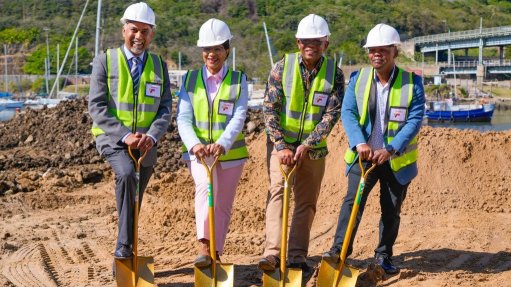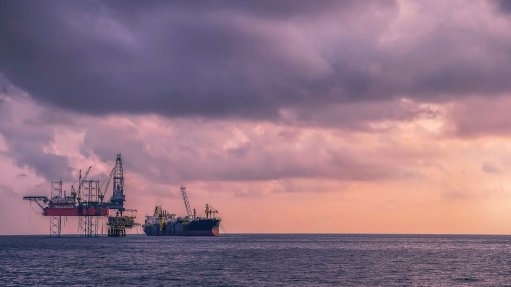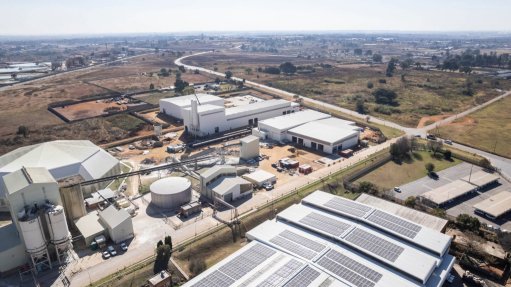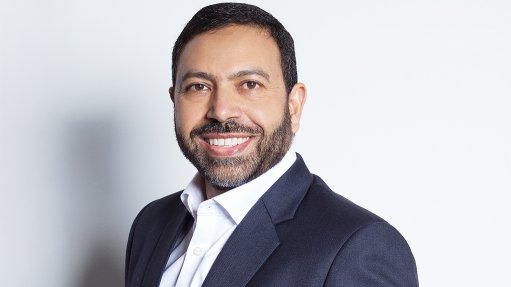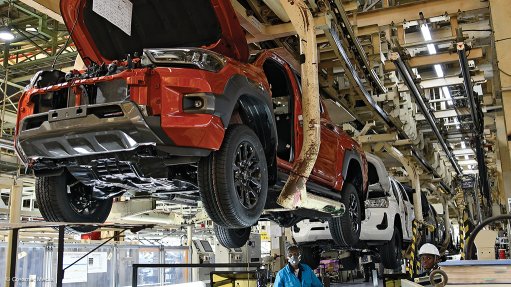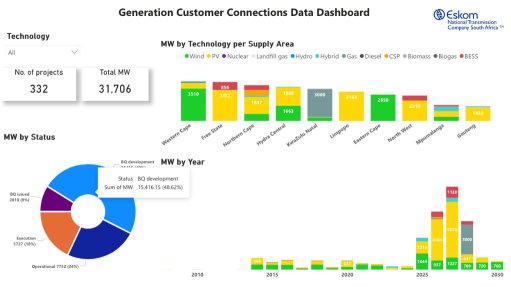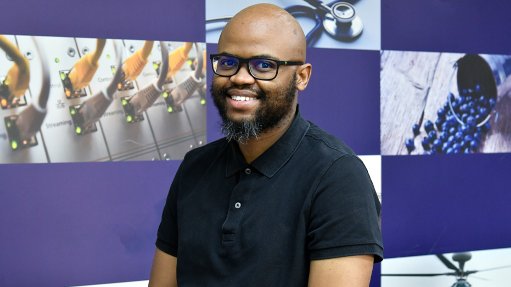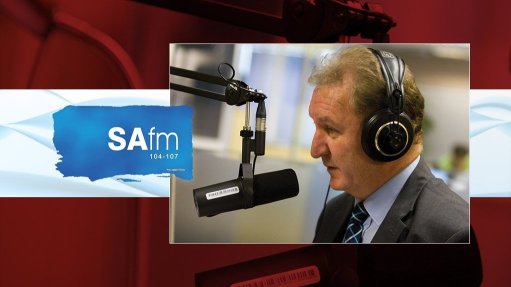TPT sets its focus on African port concession opportunities
State-owned Transnet aims, through its Transnet International Holdings entity, to leverage its expertise to secure port concessions across the African continent.
Transnet Port Terminals (TPT) growth and diversification senior manager Dr Darren Fraser told a special interest group gathering under the Transport Forum banner, in Durban, on Thursday, that its core capabilities and skills would enable TPT to seize opportunities and develop bankable business opportunities in order to benefit from the 3.5% and 3.6% economic growth expected from sub-Saharan Africa during 2019 and 2020, respectively.
In a third of sub-Saharan African countries, growth is expected to be as high as 5%, he pointed out.
Competition in the African maritime space was gathering pace, with the Port of Tangiers, in Morocco, overtaking Durban as the second-largest container port in Africa in terms of throughput.
The Port of Walvis Bay, in Namibia, will also launch additional container capacity in August and is expected to handle up to 700 000 twenty-foot equivalent units (TEUs) once fully operational.
Fraser said Transnet could apply a soft and a hard entry mode to doing business in the rest of Africa. The former included training and development packages which were cheaper and more accessible than those offered in Europe, and regional integration agreements that enabled active participation in cooperation agreements with various ports and rail structures.
A harder international strategy involved concession deals and the sales of locomotives and rolling stock, he said.
Over the past four to five years, Transnet had focused on two projects – the BeniSA Maritime Project and the Port of Lamau, in Kenya.
BeniSA was the result of a government-to-government agreement. Benin is in the north-west of Africa and the Port of Cotonou not only serves its needs but also that of Burkina Faso, Niger and northern Nigeria.
In terms of the agreement, which is in its third of five years, TPT developed a masterplan to create a stacking system for the 40 000 TEUs of container traffic, developed efficient operating procedures for the container terminal, trained staff and designed, developed and installed the General Cargo Operational System that is active in South African ports to replace the largely paper-based system used at the port.
The project has now entered a second phase and a long-term partnership of 25 years has been proposed.
Further, Fraser said negotiations that could see Transnet operating the two container berths and the one multipurpose berth, that make up the new Port of Lamau just north of Mombasa, in Kenya, were far advanced.
Transnet had concluded an extensive due diligence of the port, which forms part of the Lamu-Southern Sudan-Ethiopia Transport Corridor – the largest and most ambitious infrastructure programme in East Africa.
Backed by the Kenyan government and a Chinese construction company, it aims to link Kenya, Ethiopia and South Sudan through the building of a port and special economic zone, airports, highways, railways, an oil pipeline and refinery and resort cities.
The operating concession is 25 years long and Transnet is hoping that the third round of negotiations, which take place next week, will result in an agreement, said Fraser.
He added that Transnet had also been very active on the continent when it came to the sale of rail rolling stock.
Three hundred wagons were currently being manufactured for a railway rehabilitation project in Mozambique and negotiations that are expected to lead to the sale of six locomotives and up to 1 000 wagons for a Zimbabwean railway rehabilitation programme were also gathering momentum.
Article Enquiry
Email Article
Save Article
Feedback
To advertise email advertising@creamermedia.co.za or click here
Comments
Press Office
Announcements
What's On
Subscribe to improve your user experience...
Option 1 (equivalent of R125 a month):
Receive a weekly copy of Creamer Media's Engineering News & Mining Weekly magazine
(print copy for those in South Africa and e-magazine for those outside of South Africa)
Receive daily email newsletters
Access to full search results
Access archive of magazine back copies
Access to Projects in Progress
Access to ONE Research Report of your choice in PDF format
Option 2 (equivalent of R375 a month):
All benefits from Option 1
PLUS
Access to Creamer Media's Research Channel Africa for ALL Research Reports, in PDF format, on various industrial and mining sectors
including Electricity; Water; Energy Transition; Hydrogen; Roads, Rail and Ports; Coal; Gold; Platinum; Battery Metals; etc.
Already a subscriber?
Forgotten your password?
Receive weekly copy of Creamer Media's Engineering News & Mining Weekly magazine (print copy for those in South Africa and e-magazine for those outside of South Africa)
➕
Recieve daily email newsletters
➕
Access to full search results
➕
Access archive of magazine back copies
➕
Access to Projects in Progress
➕
Access to ONE Research Report of your choice in PDF format
RESEARCH CHANNEL AFRICA
R4500 (equivalent of R375 a month)
SUBSCRIBEAll benefits from Option 1
➕
Access to Creamer Media's Research Channel Africa for ALL Research Reports on various industrial and mining sectors, in PDF format, including on:
Electricity
➕
Water
➕
Energy Transition
➕
Hydrogen
➕
Roads, Rail and Ports
➕
Coal
➕
Gold
➕
Platinum
➕
Battery Metals
➕
etc.
Receive all benefits from Option 1 or Option 2 delivered to numerous people at your company
➕
Multiple User names and Passwords for simultaneous log-ins
➕
Intranet integration access to all in your organisation






